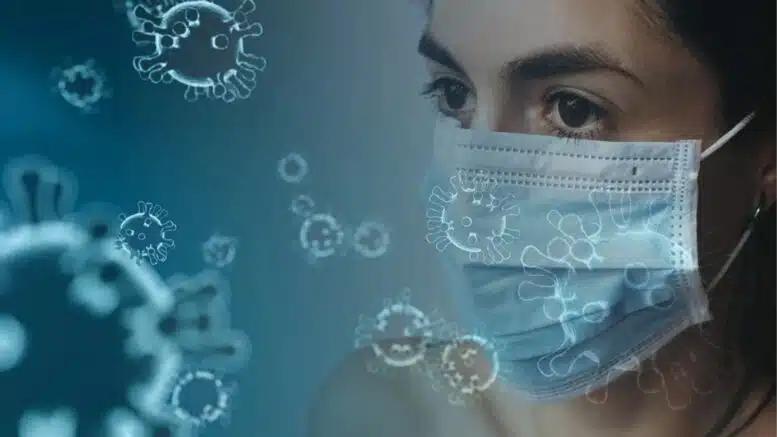It’s been almost a year since COVID-19 hit and massively changed our world. However, the light seems to be showing up at the end of the tunnel. Some vaccines are finally here, and more are on their way.
Although not everybody will receive their immunization shots right away, there’s been public uproar about the available treatments. Rumors are circulating, and there are even groups seeking to stop this step in the fight against the pandemic.
So, let’s debunk the most common myths surrounding the two alternatives we have today, Pfizer and Moderna.
Number 1 – The Vaccine Was Too Rushed to Be Safe
While it is true that most vaccines take years to develop and go through all testing stages, it doesn’t always have to be so. This emergency pushed companies to boost their research efforts, creating a cure in less than a year.
The FDA closely monitored the research conducted by companies that put out Moderna and Pfizer treatments. The findings suggest little to no side effects and protection of up to 95%.
Apart from the FDA’s mandatory processes, the Vaccine Review Sub-commite got included in the oversight procedures. It consists of several expert groups who give recommendations about administering the vaccine.
There were also qualms about the delays during the scientific process. However, the pauses only mean that the safety systems are doing what they should, ensuring the researchers are taking a step back after making a mistake.
HealthTap even published an article, sharing poll results after surveying doctors about this treatment. The study showed that 96% of the included medical professionals believe the immunization is safe and effective.
Number 2 – You Don’t Need Both Vaccine Shots
Both these treatments require double dosages, administered several weeks apart.
Research so far showed that one dose provides you with a low level of protection or partial immunity. One peer-reviewed analysis for Pfizer found that there’s around 52% efficacy after the first shot.
Moderna is yet to conduct such studies. Given the similarities in the two vaccines’ contents, though, the effects are likely similar. Health experts suggest not skipping the second shot, as it boosts the protection, raising the effectiveness levels to the praised 95%. Only receiving full treatment can guarantee any reasonable safety level.
Number 3 – mRNA Alters Your DNA
While the two shots differ to some extent, they both use mRNA as the main component. mRNA stands for messenger RNA, directing the cells to build immune responses to specific infections. It trains your body to resist the virus without exposing you to live COVID-19 cells.
Since there are no other licensed mRNA vaccines in the country at this time, there’s a lot of suspicion surrounding the ingredient. The most significant myth circling social media claims it can alter human DNA.
CDC experts debunk this claim. They explain that mRNA never enters the cell nucleus. It can’t even touch, let alone change it. Plus, the CDC holds these vaccines to the same standards as every other treatment they approve and authorize.
Number 4 – Vaccine Availability Means the Pandemic Ended
Vaccines are an essential step to combating the pandemic. However, even as more people receive immunization, they must continue using personal protective equipment, washing their hands thoroughly and regularly, and maintaining the social distancing protocols.
Treatment and caution measures together are the quickest way to put a stop to this virus.
There are two reasons for this necessity. One, only small parts of the population are to receive immunization right away. Two, experts are yet to grasp the protection that the vaccines provide.
Moreover, even after your second shot, the effects take a few weeks to affect your body. So, you could get infected as soon as you exit the hospital where you received the vaccine.
There’s another critical factor. Vaccines prevent symptomatic coronavirus, but it’s not clear whether they block transmission. Masks, like these, do that. As a result, even those who feel reasonably confident in their newly-developed immunity must be cautious not to transmit COVID-19 to others.
The Bottom Line
The essential fact to remember is that the vaccine is safe, as trials suggest. It’s a new, quickly-introduced method of protecting people against the virus, but the examinations weren’t rushed.
As long as you follow the protocols after receiving one, your risks of getting infected will drop. Don’t believe every myth you see on the Internet, but read more if this information left you doubtful. Accepting what science can do for us is the way to help the country fight and beat the pandemic.
